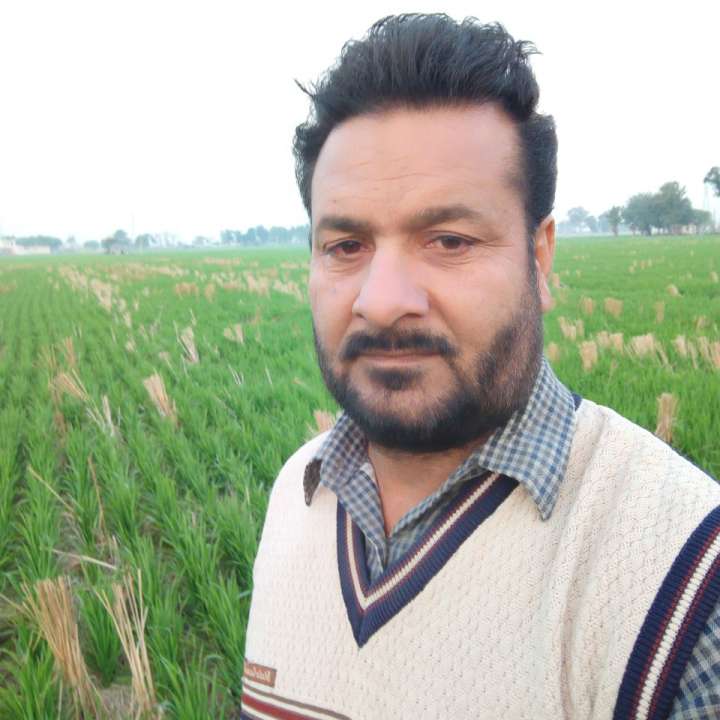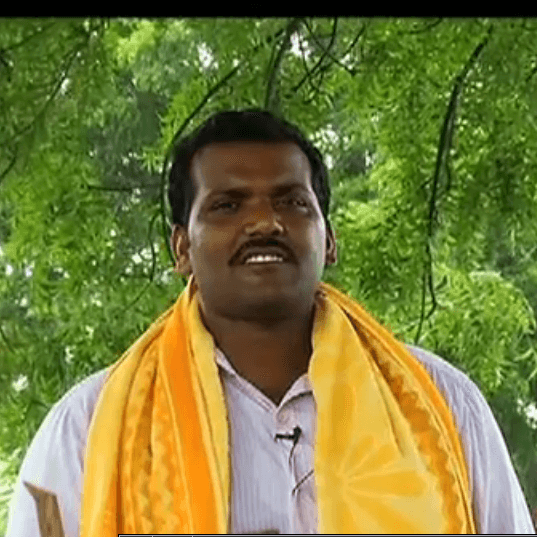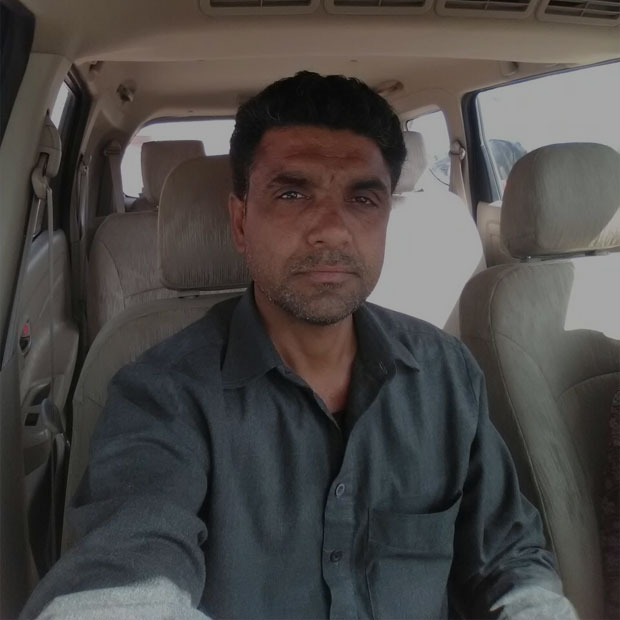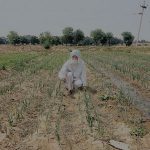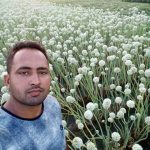HOW THIS FARMER’S THRIVING INITIATIVE IS HELPING PUNJAB TO SAY NO TO STUBBLE BURNING
Burning straw and using pesticides in an age-old practice, whose severe affects we can see today in our environment. Due to stubble burning in Haryana & Punjab, the northern parts of India is facing a drastic rise in air pollution. Air quality has worsened in the past few years and this is giving rise to many serious breathing and skin problems.
Although the government has taken many major steps to curb the problem of stubble burning, still they are not able to stop farmers from doing it. Stubble burning is becoming a huge issue in Punjab, because of lack of knowledge and awareness among the farmers. But one such a farmer who not only stopped farmers from burning their field in his region, but he also encouraged them towards organic farming is Jagdeep Singh.
Jagdeep Singh is an emerging farmer from Sangrur district of Punjab. His fondness towards his motherland and the soil, enhanced when he was just a kid. His journey as a soil lover started from his childhood. Just after his birth, his uncle adopted him, and farming was his occupation. His uncle used to take him to his farm, and this is how jagdeep’s interest increased towards farming.
With his growing age, his mind was also developing and the first priority in his mind was to pursue farming after completing his studies. After completing his 10th standard he decided to quit his studies and start helping his father Mukhtiar Singh in farming. His curiosity towards farming was escalating day-by-day, so to satisfy his needs, he started visiting Punjab Agriculture University in between 1989 to 1990. After visiting PAU, Jagdeep Singh came to know that the basic level of his farm soil is very high which is giving rise to many soil and crop issues; And to make the soil more fertile there were only two solutions either to use farmyard manure or use green manure in the fields.
To deal with this problem Jagdeep came up with a better solution, as investing in farmyard manure was costly for him. In between 1990 to 1991, he started using happy seeder with the support of PAU. By using happy seeder he was able to implant the seed in the soil, without removing the paddy straw from the field. He started using paddy straw in the form of manure in his field to increase the soil fertility. Slowly Jagdeep gathered 37 farmers under his initiative and encouraged them to use happy seeder and avoid stubble burning. He is running this drive throughout the Sangrur, under which they cover more than 350 acres of land.
“In 2014, I received an award by IARI (Indian Agricultural Research Institute) and after that, I formed a group in my village by the name ‘Shaheed Baba Sidh Sweh Shaita Group’. Under this group, we encourage farmers to stop stubble burning to deal with the deteriorating air quality problems.”
These days, he is doing farming on 40 acres of land, out of which 32 acres land is on rent. On 4 acres he is doing organic farming and on the rest of the land, he is using pesticides in very minimum quantity. His main motive is to go organic. Currently, he is living with his father, mother, wife and two sons in his village – Kanoi.
The most tempting thing about Jagdeep Singh’s personality is that he is so down to earth person, and he is always curious to learn new thing about farming. He is also very interested in rearing livestock and he has 8 buffaloes for home purpose. He uses the buffalo milk only for the home purpose and sometimes he sells them to the neighbours or villagers. With his farming and milk sale he is managing his family expenses very well and in the future, he wants to start marketing his produce himself for better profit.
“Jagdeep Singh’s message for other farmers is that they should teach their kids about farming and don’t add negative thoughts about farming in their mind, otherwise they will forget about their roots.”

